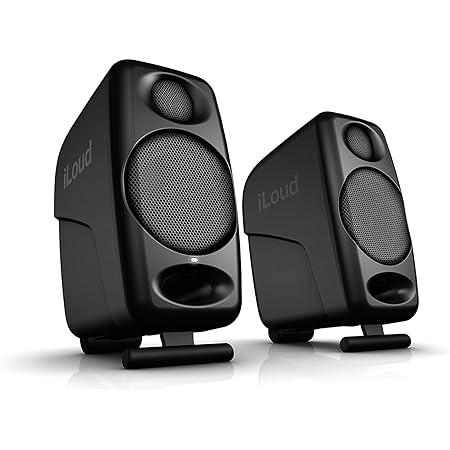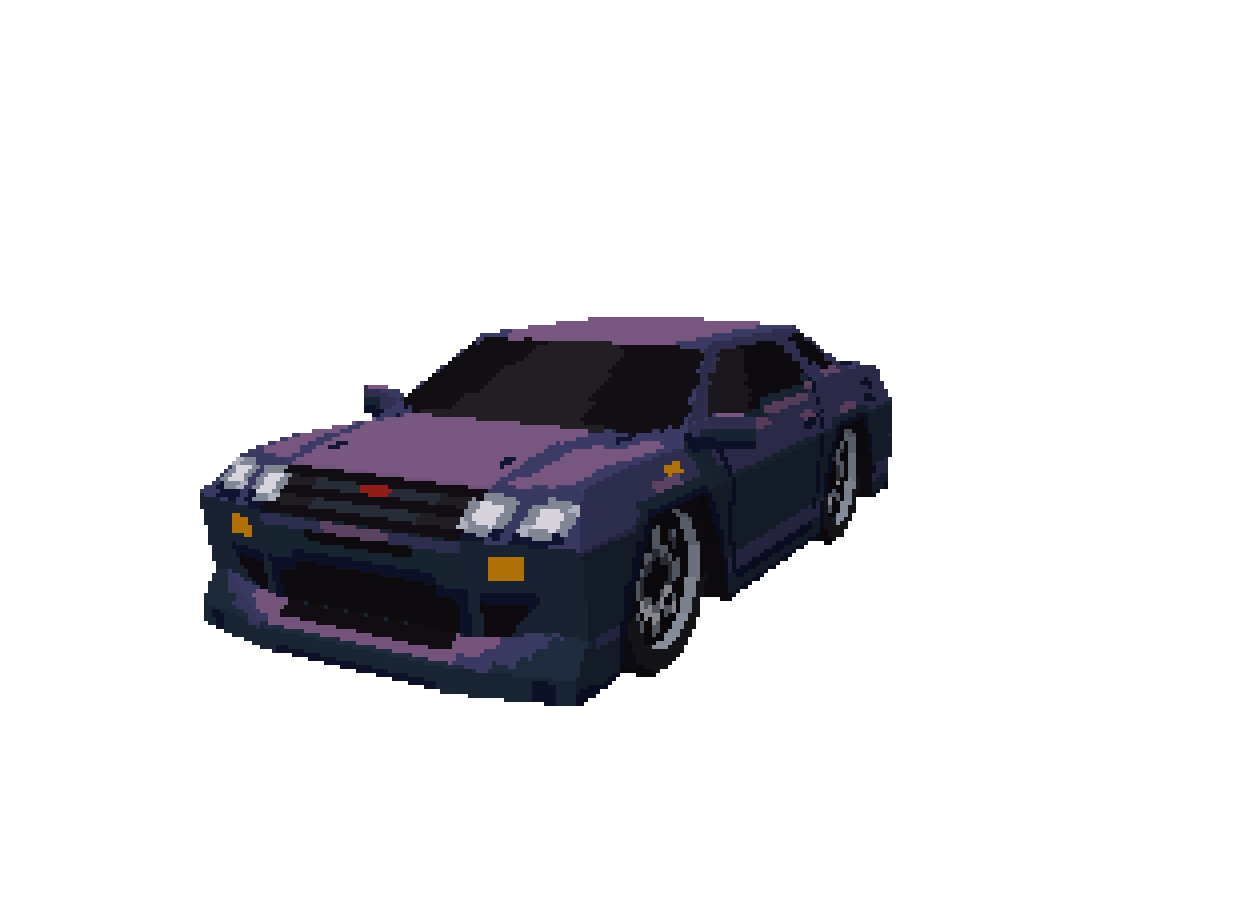Every one of us audio guys has a bedroom studio of some sort - be it a simple PC, midi keyboard and a pair of headphones, or a full-blown fully treated room, with a professional set of high-end monitors, racks of synths and outboard gear. In this blog post, I would like to tell you about my current setup, how it came to be and why it is set up the way it is.
PC

My PC is a Razer Blade laptop with 11th gen I7 and 16 gigabytes of RAM. It is a beast of a machine and can handle a lot of stuff at once. I am quite happy with it, but it is not for everyone, due to the fact that it is quite expensive and runs Windows. It is ideal for me, as I don’t use Logic Pro and a Windows system is ideal for game development (and playing games of course).
Audio Interface

About two weeks ago I was using a Focusrite 18i8 2nd generation, but unfortunately, both of the headphone outputs just failed, not entirely though, but they were definitely broken. Being fed up with the build quality of Focusrite gear ( both interfaces I owned had unreliable USB sockets and were just a nightmare to use), so I decided to switch brands and get an SSL 2 audio interface, and to be honest, I am quite happy with my purchase. It has excellent preamps, the DAC is great for the price and it does everything I need it to do. The build quality is very sturdy as well, so yeah, I can recommend this budget-friendly interface quite easily.
Speakers

I am a proud owner of IK Multimedia's iLoud Micro monitors and boy oh boy, they are great for their price and tiny footprint. They have a remarkably flat frequency response and just sound beautiful. The bass is full and rich and goes down 50 Hz, which is more than enough for my untreated room. After having worked on headphones for so long, composing, designing and mixing on speakers is so much easier and transparent, even though I still check all of my mixes on my trusty Beyerdanamics DT 990s Pros, speaking of which…
Headphones

Right, I have a kind of love/ hate relationship with this set of cans. I am really used to the frequency response of them (which is really not flat at all ), but it creates so much detail in the high-end, that they are great for spotting small mistakes in recordings and checking out the low-end as well. What I really do not like about them, is that the transients are so washed out, that doing any sort of compression or even simple level balancing is quite challenging. So nowadays I work on them only about 20% of the time nowadays, and I don’t know if I can recommend them to anyone for mixing/ mastering.
MIDI Devices
I have a few MIDI devices which are essential for me when composing music:

- M-Audio Keystation 88 MK3 - it is a simple 88 key MIDI keyboard that does what it has to do quite well, not the best keybed, a single fader and a few programmable buttons. That’s it, nice and simple;
- Novation Launchpad X - it is a 64 pad MIDI controller and I love it and how it is integrated into Ableton Live and other DAWs in general. It is great for coming up with musical ideas quickly, as it has an inbuilt scale functionality, and on top of all the nice features, you can program your own CC messages and I use that as a transport controller for my DAW.
- Novation Launch Control XL - it is an extremely underrated fader/ knob controller and every single part of it can be reassigned to do anything you want with MIDI CC messages. I use it a lot when working with Kontakt libraries or just when I am jamming in Ableton Live. I would say that it is an essential part of my studio setup!
And that is it, folks, I hope that this blog post helped someone to get some ideas on how to upgrade your current setup or maybe how to build your own setup from scratch. See you!
